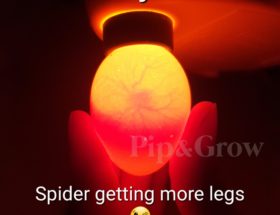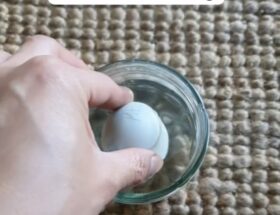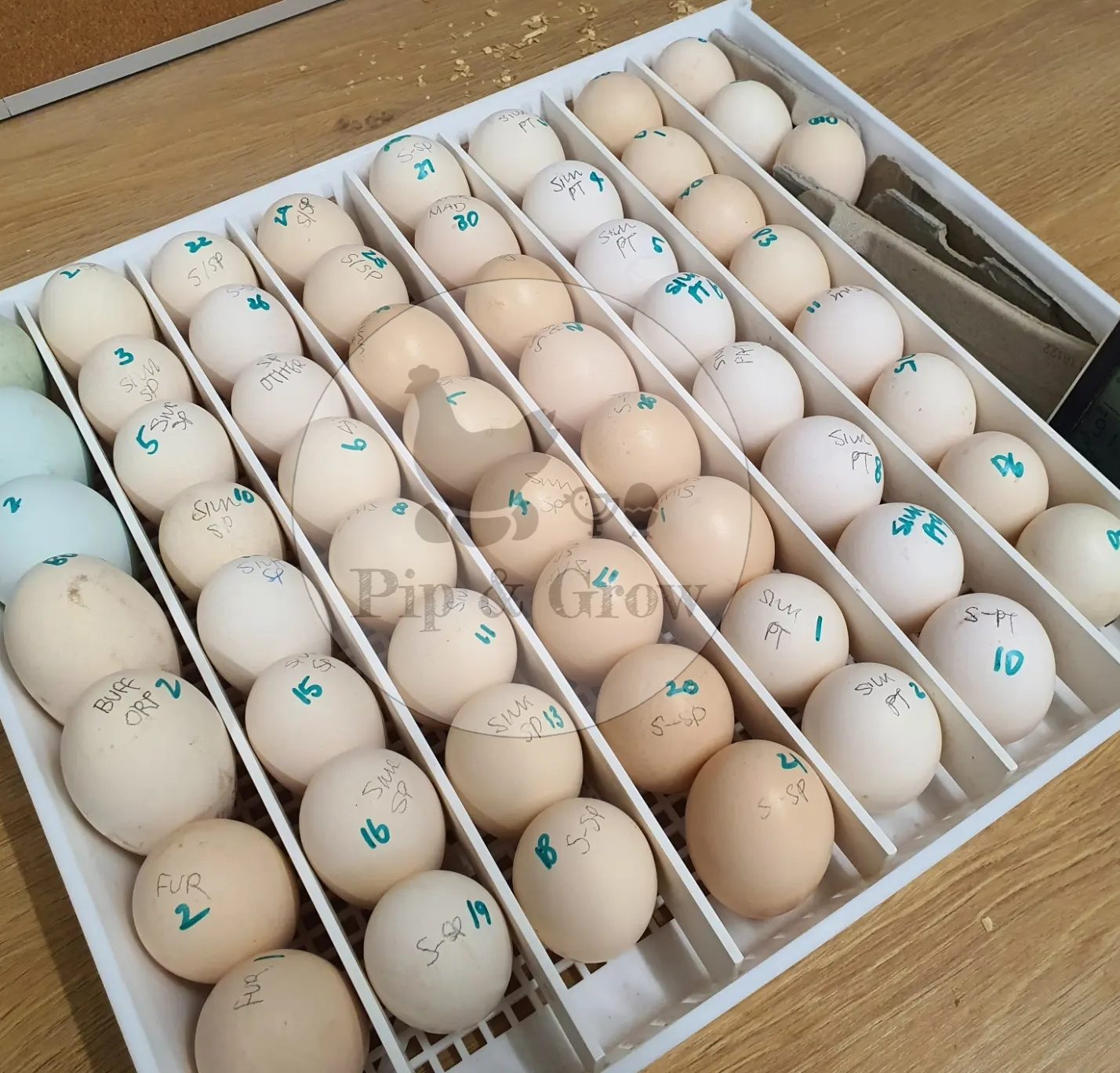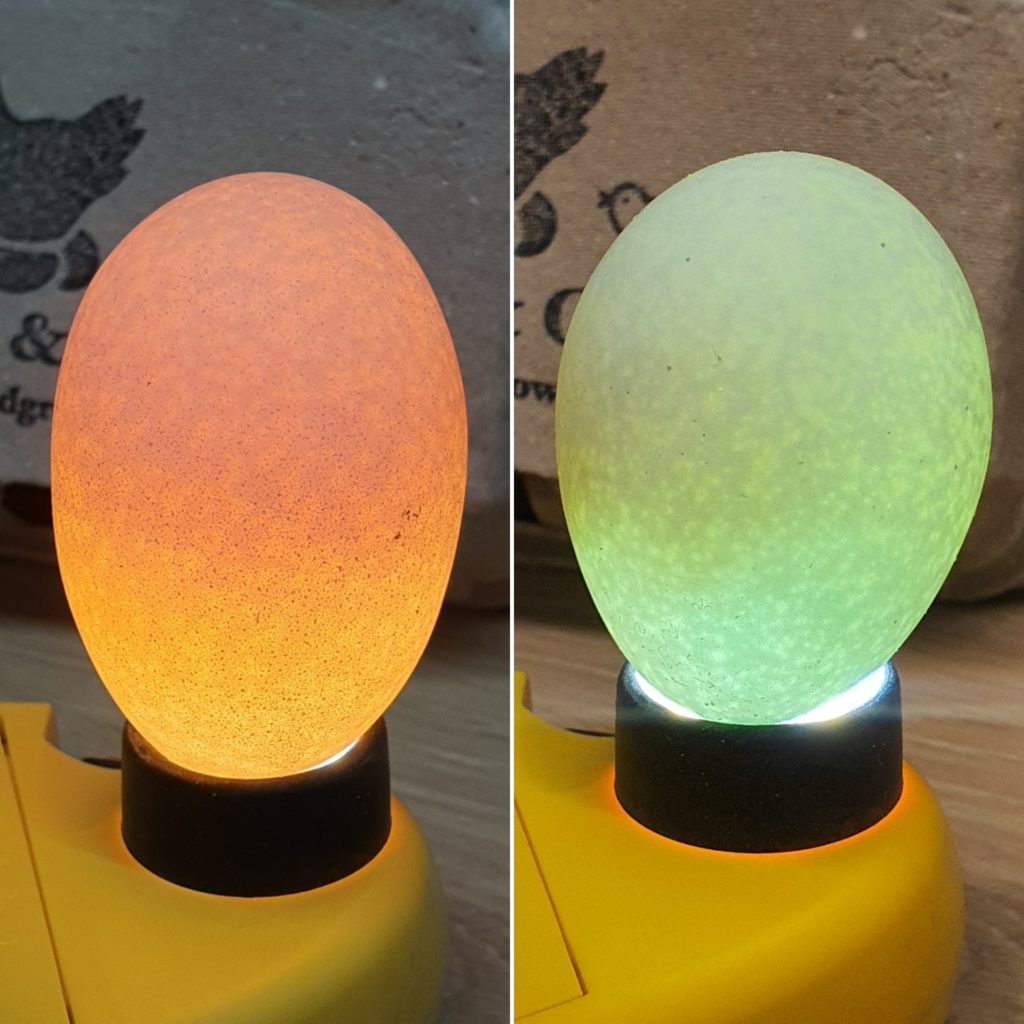
We’ve been closely following the discussions within the fertile eggs community regarding porous eggs, and we’d like to shed some light on this intriguing topic.
Causes of Porous Eggs:
While several factors can contribute to porous eggs, one major culprit stands out: calcium deficiency. Breeding birds may not be receiving adequate calcium from their feed, often due to poor-quality nutrition or difficulties in calcium absorption. This deficiency directly impacts the viability and hatch rates of these eggs, sparking debates among breeders. Some breeders report no issues with porous eggs, while others claim they are non-hatchable.
Our Observations:
In our own flock, we’ve observed that certain hens consistently lay distinctive porous eggs, despite our best efforts. Interestingly, even hens known for producing normal eggs occasionally surprise us with porous ones. Factors such as weather conditions and the birds’ mood may play a role, and we’ve encountered cases where eggs initially deemed fine upon packing later developed pores after a few days in transit. We’re still unraveling this avian mystery.
Feeding Regimen:
Our birds are exclusively fed Showbirds MP 100% all year around, without any cheap additives to cut costs. Additionally, we diligently provide calcium supplements to ensure their well-being.
Shell Color and Porosity:
Porous eggs seem more prevalent in lighter-colored shells. For instance, blue-shelled Araucanas (though harder to discern in green-shelled Araucanas) and white Polish hens exhibit this phenomenon. Surprisingly, we’ve observed varying degrees of porosity across breeds and egg colors, including Marans.
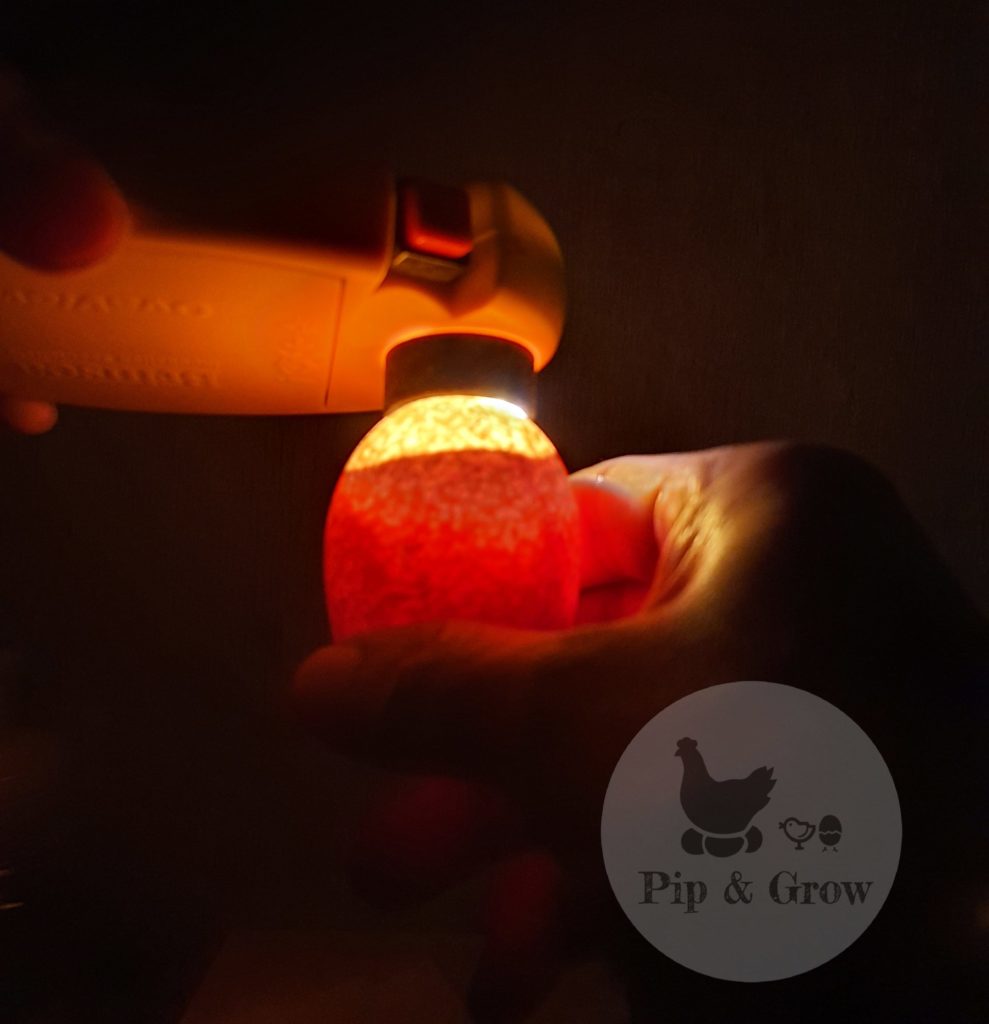
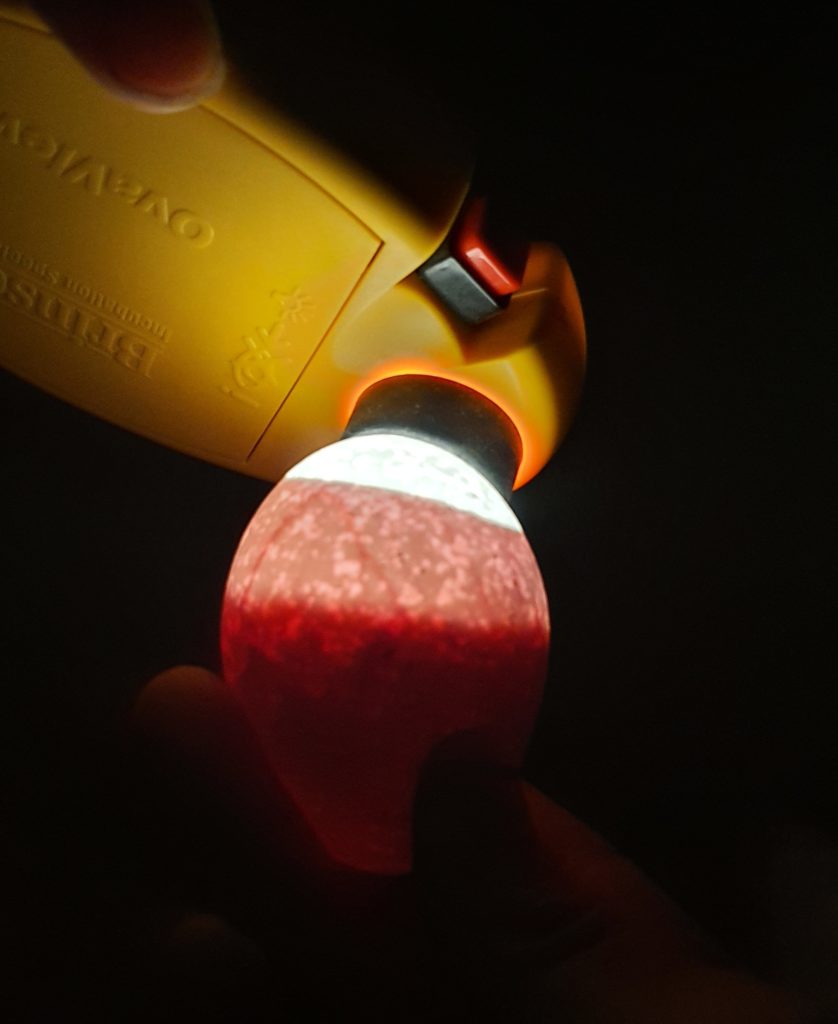
Our Commitment:
We hatch our own eggs, and we stand by their quality. When purchasing fertile eggs—whether posted or directly from us—there’s an inherent risk for buyers. However, as responsible breeders, we never offer eggs that are unsaleable or unhatchable.
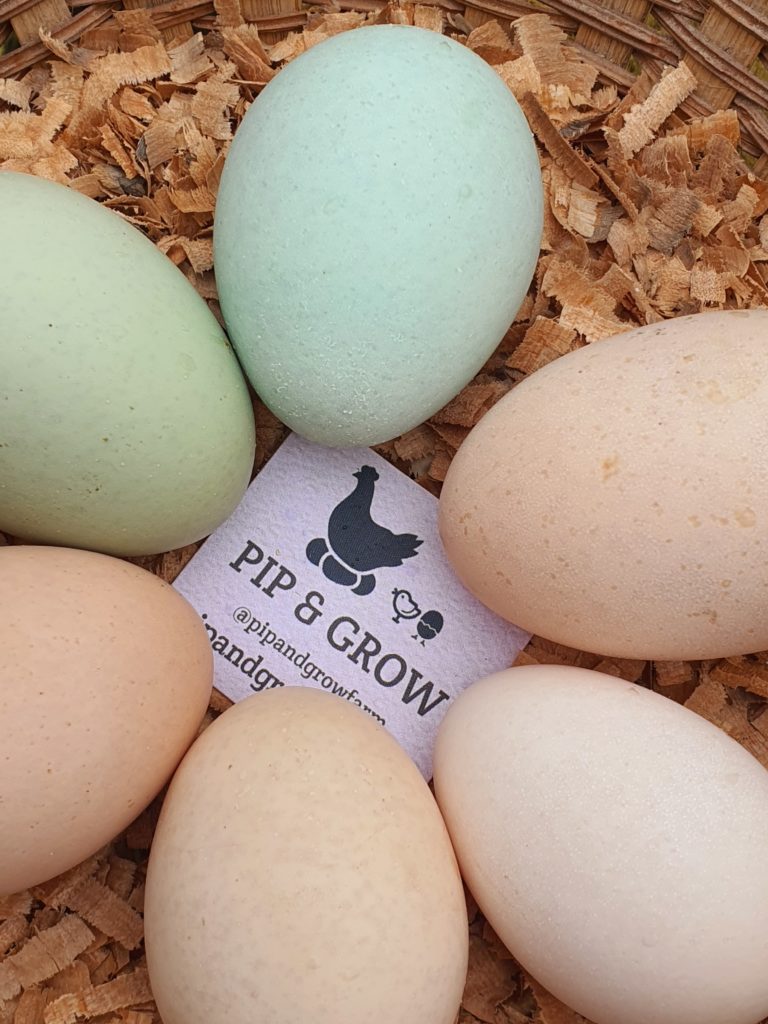
Based on our observations and experiences, we firmly believe that porous eggs, provided they are not due to nutrition deficiencies, do not significantly impact embryo development or hatch rates. In fact, we intentionally hatch many of these eggs and offer the best-looking ones to our valued customers. Interestingly, we have not observed any direct correlation between hatch rates and the presence of porous shells in our eggs.
However, If you have any reservations or prefer to avoid porous eggs, we completely understand. Our commitment is to provide transparency and ensure that our customers make informed choices. Natural variations occur, and external factors can indeed influence egg appearance. If you decide not to purchase eggs with porous shells, rest assure that we respect your preference.
